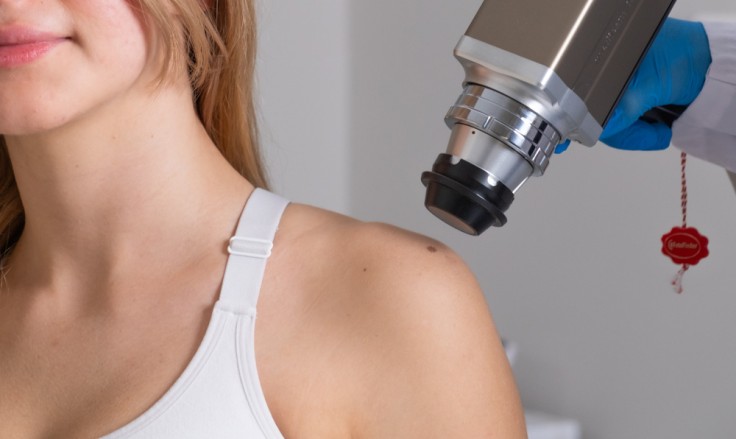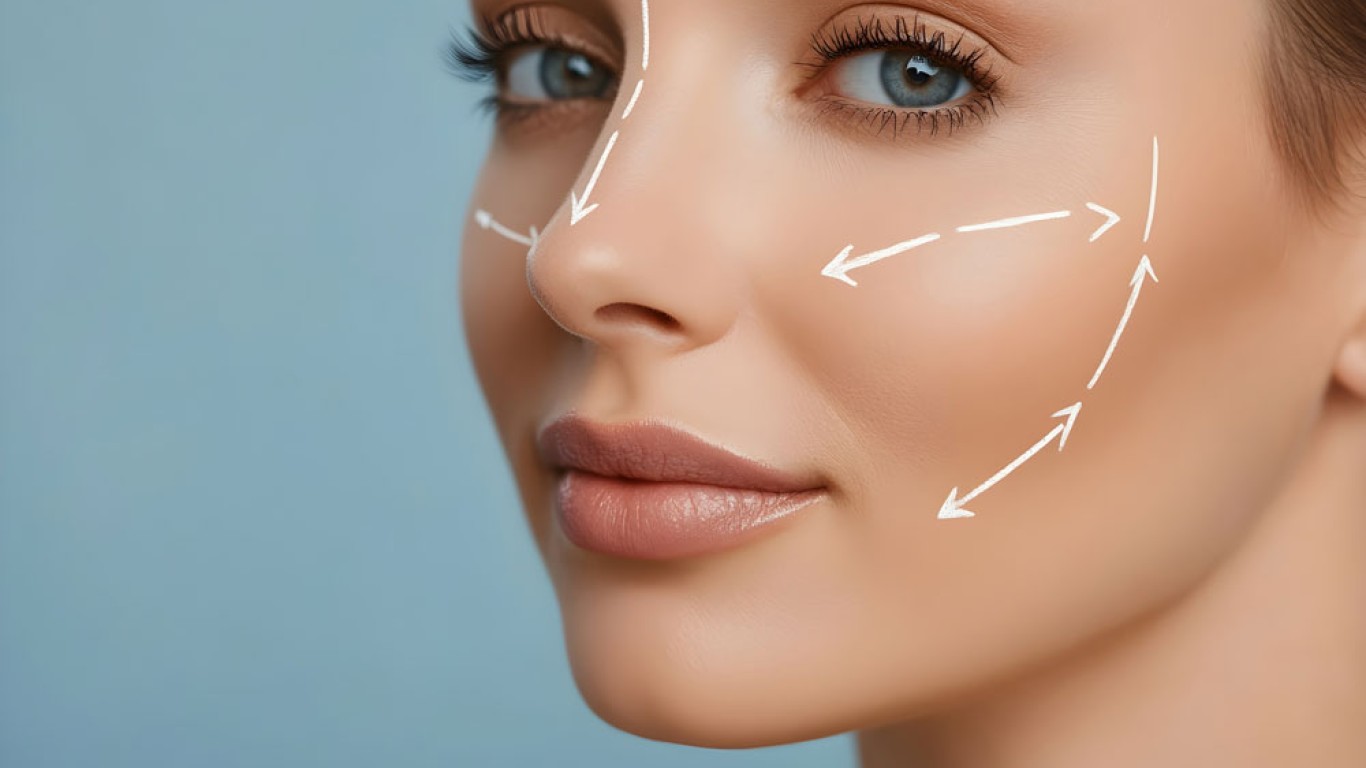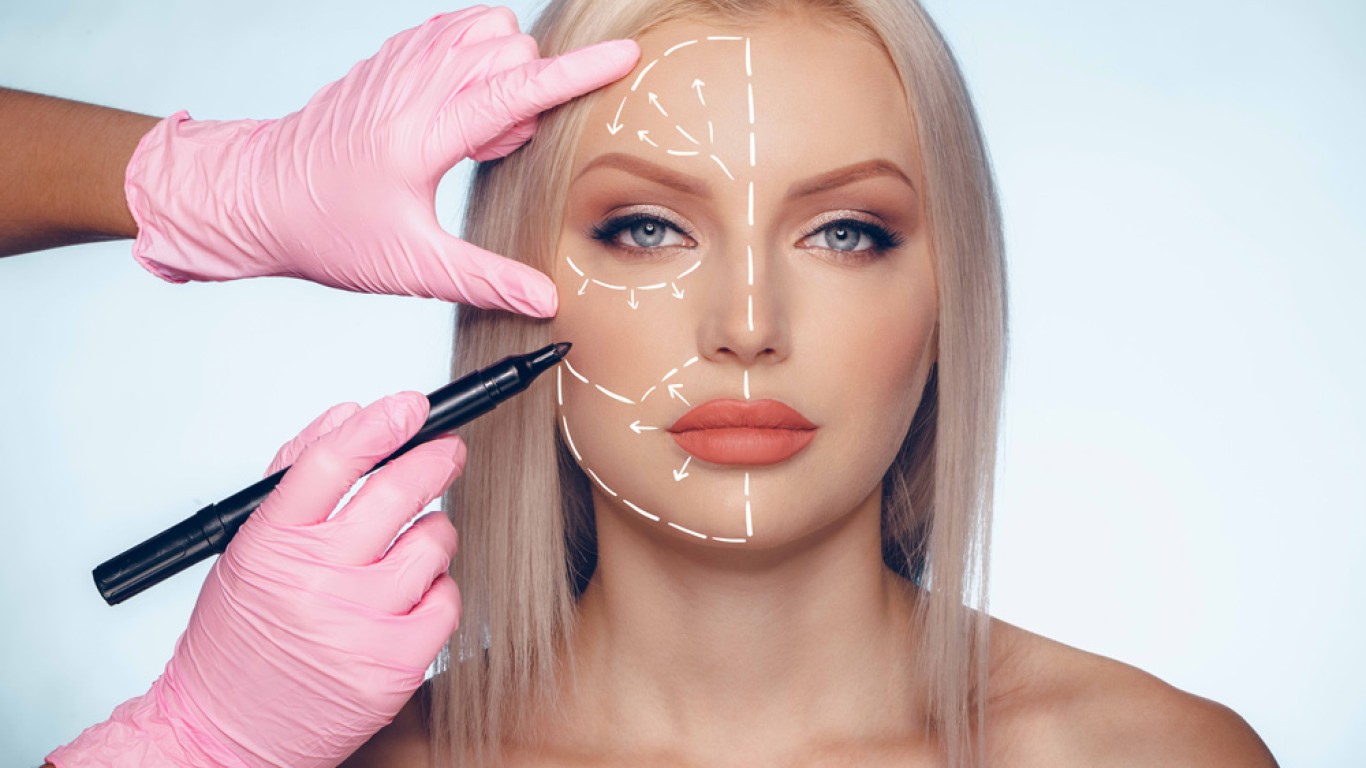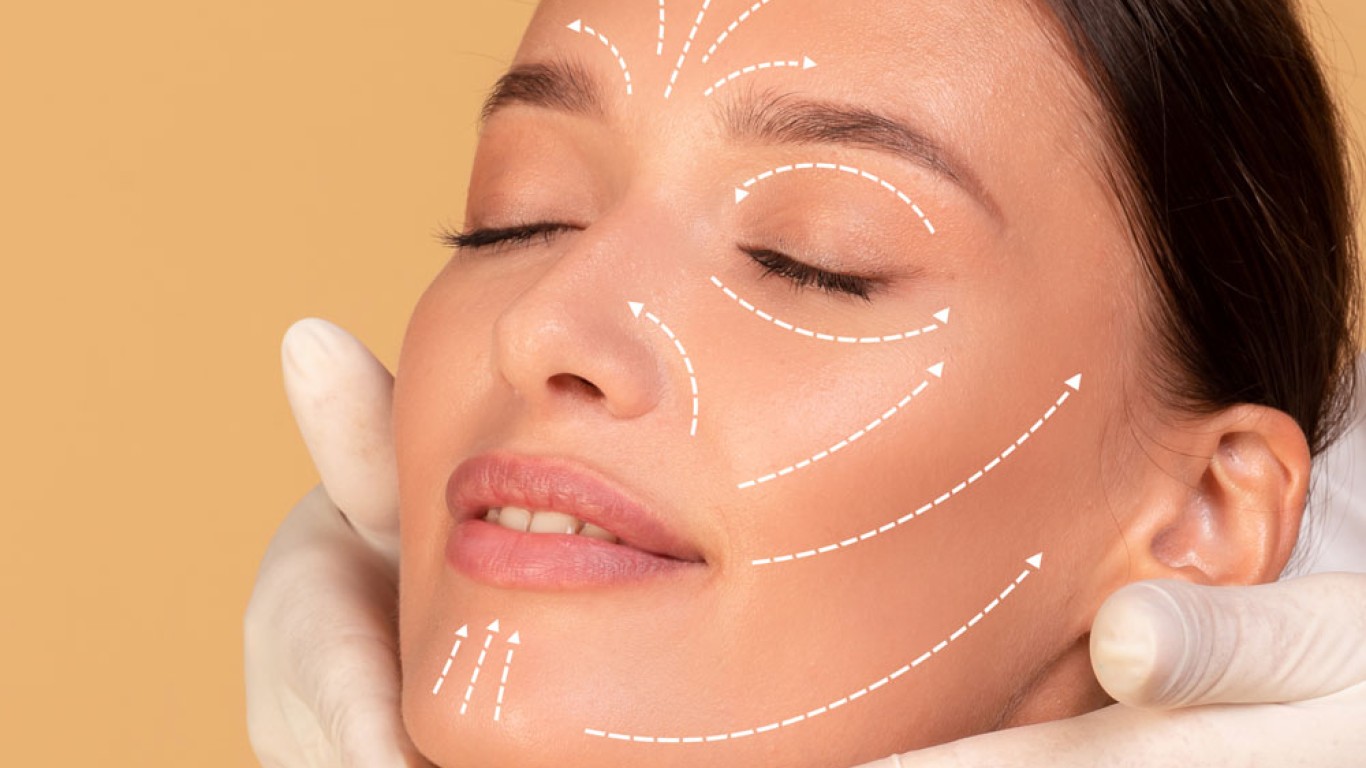Mole removal is a common cosmetic and medical procedure performed for many reasons. Some people want a mole removed due to how it looks. While others do it to prevent health concerns. Regardless of the reason, mole removal today is simple, safe and highly effective.
Are you considering mole removal? This guide explains everything you need to know before, during and after treatment.
What Is Mole Removal?
Mole removal is a procedure that eliminates unwanted or suspicious skin moles from the body. Moles are small clusters of pigmented cells that can appear anywhere on the skin.
Some are flat, while others are raised. They vary in colour, size and shape. Although many are harmless, others may change over time and require professional assessment.
Mole removal involves removing the entire mole and, in some cases, testing it for abnormalities.
Why Do People Choose Mole Removal?
There are both cosmetic and medical reasons why people choose to have a mole removed. Many want clearer skin or feel self-conscious about prominent moles.
However, there are more important medical reasons too. If a mole starts to:
- Change shape or size
- Become itchy or painful
- Bleed or scab regularly
- Develop uneven edges or colours
…it may indicate a risk of skin cancer. In such cases, mole removal is strongly advised.
Additionally, moles in areas prone to rubbing can cause irritation. Removal can reduce daily discomfort significantly.
What Are the Most Common Mole Removal Methods?
There are several reliable methods for mole removal. The best one depends on the mole's type and location.
- Surgical Excision: The entire mole is cut out using a scalpel, including a small margin around it. Stitches may be required.
- Surgical Shaving: The mole is shaved off just below the skin surface. This method suits raised, non-suspicious moles.
- Laser Removal: A laser breaks down the pigment in the mole. This works best for smaller, non-cancerous moles.
- Cryotherapy: Liquid nitrogen freezes and destroys mole tissue. It’s often used for flat or superficial moles.
Each method has its benefits. Each is also chosen based on consultation with a dermatologist or plastic surgeon.
How Do You Prepare for Mole Removal?
Before mole removal, you’ll attend a consultation. Your specialist will examine the mole and recommend the best treatment method. They may also use a dermatoscope to check the mole's structure closely.
If there’s any suspicion of abnormal cells, they might suggest a biopsy. Or, a full excision for analysis. You should tell the clinic if:
- You have a history of skin cancer
- You bleed easily or take blood thinners
- You have allergies to anaesthetic
Avoid tanning, waxing or using harsh skincare on the area before your appointment.
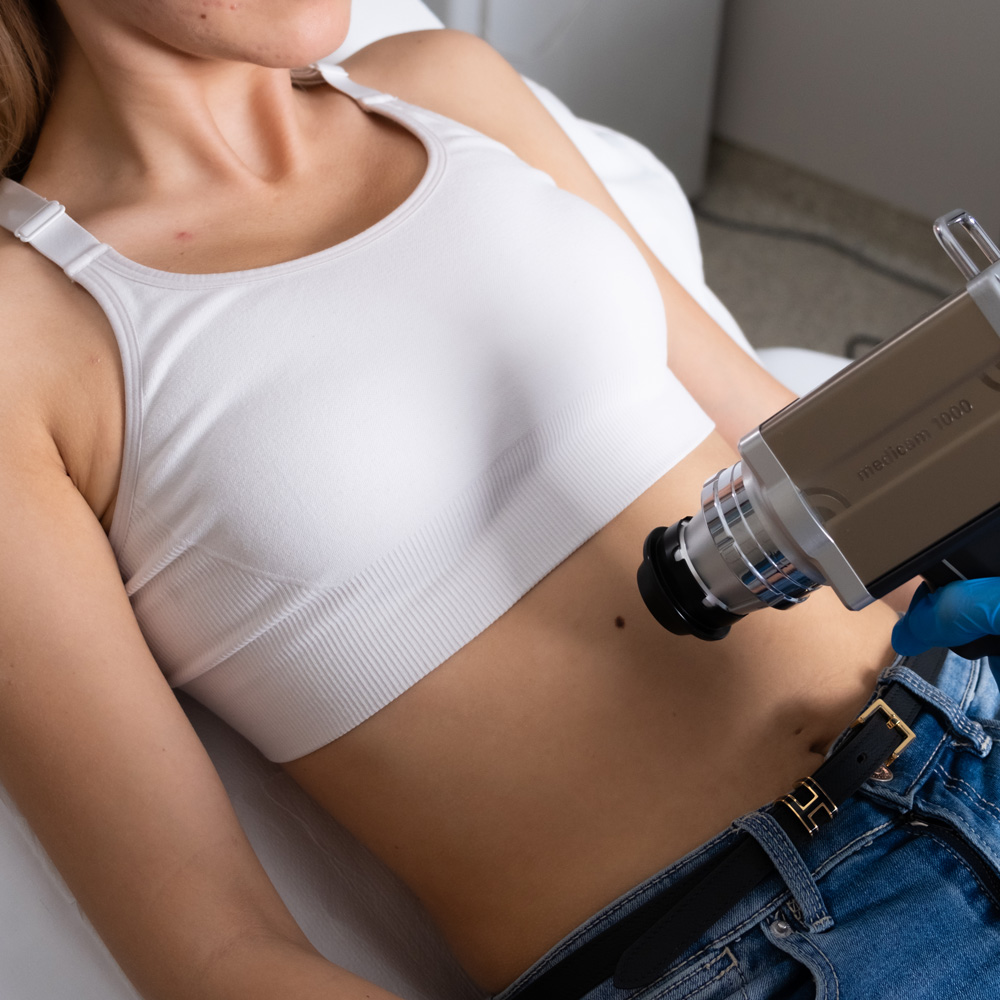
What Happens During the Procedure?
Mole removal procedures are usually quick and done under local anaesthetic. The process typically lasts between 15 and 30 minutes, depending on the method.
Here’s what to expect:
- Anaesthetic injection numbs the area completely
- Removal technique is applied based on your agreed method
- Closure with a bandage or stitches if required
- Sample testing may follow if there's a concern
You’ll be awake but won’t feel pain, though you might feel slight pressure or movement.
What Is the Recovery Like?
Recovery is usually straightforward. After the procedure, you’ll receive specific care instructions. Minor discomfort or scabbing is normal, especially in the first few days.
Follow these aftercare tips for optimal healing:
- Keep the area clean and dry
- Apply any ointment as instructed
- Avoid heavy activity for 24–48 hours
- Protect the area from sun exposure
- Don’t pick at scabs or healing skin
Stitches, if used, are removed within 7–10 days. Healing usually completes within two weeks, though fading may continue for longer.
Will There Be a Scar After Mole Removal?
Scarring is possible after the procedure, but it’s usually minimal with proper care. The type of removal affects scar visibility. Surgical excision may leave a fine line. While laser methods tend to result in lighter marks.
Here’s how you can reduce scarring:
- Avoid sun exposure during healing
- Use silicone gel or sheets after the wound closes
- Follow all aftercare instructions closely
- Don’t scratch or pick at the wound
Eventually, most scars fade to match your natural skin tone.
Is Mole Removal Safe?
Yes, mole removal is considered very safe when done by qualified professionals. It’s performed regularly in dermatology clinics and cosmetic centres worldwide.
Infection or bleeding is rare. But following hygiene and aftercare guidelines reduces any chance of complications. Choosing a licensed, experienced clinic is key.
Mole removal in Turkey is growing in popularity due to skilled professionals and competitive prices.
Why Choose Mole Removal in Turkey?
Turkey is a top destination for mole removal due to affordability. They also have modern clinics and experienced doctors. Patients choose Turkey because:
- Lower costs than in the UK or US
- Highly trained dermatologists with global experience
- Advanced laser technologies in cosmetic clinics
- All-inclusive packages often include accommodation and transfers
Additionally, English-speaking staff make the process easier for international patients.
What Does Mole Removal Cost in Turkey?
Prices for the procedure in Turkey vary depending on the method, clinic and location. On average:
- Laser removal: £80–£200 per mole
- Surgical excision: £100–£300 per mole
- Biopsy testing (if required): additional £50–£100
Many clinics offer package deals if you want multiple moles removed in one visit.
Compared to the UK, these prices are significantly lower, making Turkey an attractive option.
Conclusion
Mole removal is a quick, safe and highly effective procedure. It is a way to enhance your appearance or protect your health. Whether you’re dealing with an irritating mole or a suspicious growth. Professional removal provides both relief and peace of mind.
With modern techniques like laser and excision, the process is more comfortable and precise than ever. Turkey continues to lead the way in delivering expert mole removal services at competitive prices.
For more information and to book a consultation visit the ACIBADEM Beauty Center Mole Removal page.
Frequently Asked Questions
No, the area is numbed beforehand with local anaesthetic, so you won’t feel pain.
Most people heal within 1–2 weeks, though scar fading may continue for several months.
It’s rare, but possible if mole cells remain. Complete excision usually prevents regrowth.
Both can be removed effectively. The method used depends on the mole’s features.
Yes, especially if the mole was tested. Your doctor will also check your healing progress.
